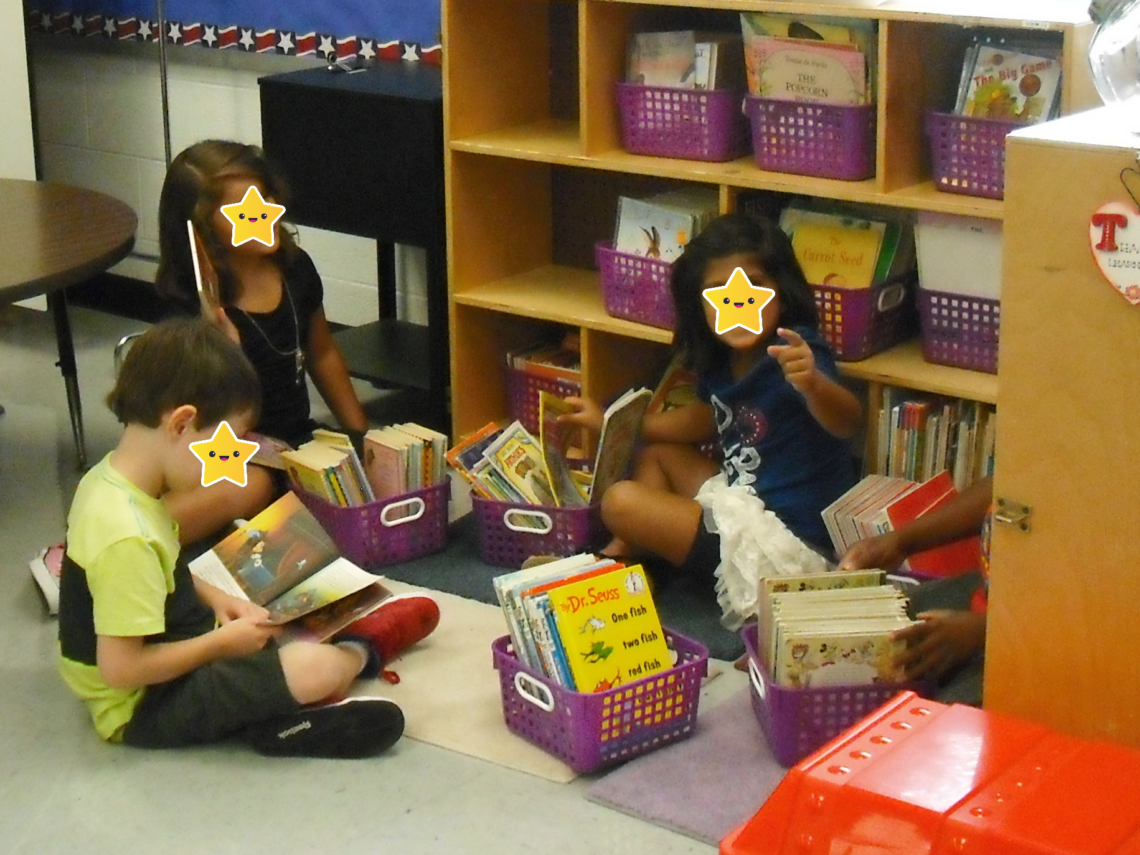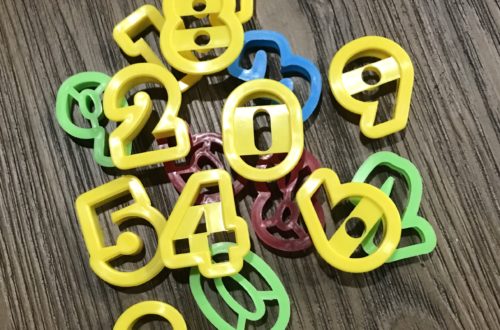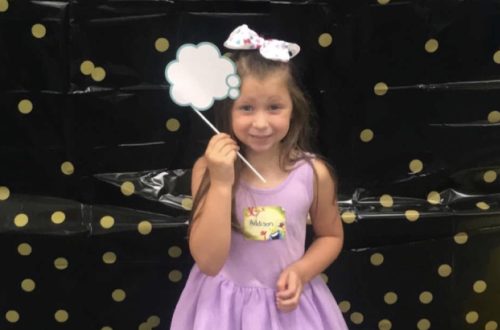Do you ever get frustrated with your first grader because they learned how to read in kindergarten? They should be able to look at the word and sound it out and move on. I got many comments like this as a classroom teacher and reading specialist. I know it can be frustrating as a parent. Let me help you with how to help your child. They can do it, but they still need support from you. I want to help you be able to sit back relax and enjoy helping your child learn to read.
When your child is struggling to read a word our natural comment to them is sound it out. What sounds do those letters make? Well, that is not always the easiest way to figure out the word. There are so many words that do not follow our phonics rules that you child could be struggling on one word for a while. This struggling will not only have them lose meaning to their reading, but it will also turn them off to reading. There are many tools and skills the teacher uses to help your child learn to read. Let me tell you about a few you can easily use at home that will help your child learn to love reading. This is the year to get them or they many never learn to love reading.
Sight Words
First of all students need to build a large sight word bank. So many words we quickly read do not follow the phonics rules and letter sounds. Our children need to just be able to read the words on sight. The larger their sight word knowledge the easier it will be for them to read quickly, smoothly, and with expression, because they won’t be stopping all the time to figure out words. There are many lists of words for children to learn on the internet, but I always suggest taking the words out of the books they are reading and help them learn to read them. You can look up Dolch Word List, or Fry Word Lists, these are the two best sets of lists to get you started. Then use games and books to make learning the words fun. One quick easy game to make is Memory. Make two sets of the word by writing the words on index cards or paper. Then mix them all up, place them face down and pick up a card. Your child reads the card and then picks up a second card and reads it. If they match they get to keep them if not they go back on the table and it is your turn. Continue to play this way until all the cards are matched. (Stay tuned for more sight word game posts)
Reading Strategies for Unknown Words
What else can I do when my child struggles with a word? I know my parents always told me to just sound it out, I got very frustrated with sounding out some words and wondered, what was that word I just read. We want our children thinking when they are reading. Here are some strategies you can use with them.
Making meaning
- First have them look at the picture and see if the picture helps them figure out the word.
- Skip the word, read to the end of the sentence, then reread the sentence and see if they can figure it out.
- Think about what the story is about, does the word you are thinking make sense?
Prompts to use to help them use meaning to figure out words:
- What would make sense in this sentence/story
- You said ______, does that make sense?
- Look at the picture, does that make sense?
- Think about the story and what is happening, does that make sense?
- Skip the word and read to the end of the sentence, go back and read it again using the word in the sentence
Using Visual Cues
- Then have them look at the first letter or letter cluster and get their mouth ready to say the sound.
- Stretch the word out saying each sound, then put the word back together and say the word.
- Find a chunk of the word that they know, say it and then add the other letters back to it.
Prompts to use to help them use visual cues to figure out words:
- What is the first letter/letters in the word, what sound do they make?
- Stretch the word out, say the sounds you see, doe it make sense?
- What letter/letters would you see at the beginning/middle/end of the word
- Do you see a chunk you know? Say it, and add the letters around it
Reading is Speaking
Questions to ask if they are struggling to make reading sound like speaking:
- Did that sound right?
- Can you point to the word you are trying to figure out?
- You said ______, is that the way we would say it?
Don’t forget to continue to read to your child. The more they hear fluent reading the more likely they will become fluent readers. Snuggle up and share a great book with your child.
Some of My Favorite Books for First Graders
Practice Reading
Frog and Toad are Friends by Arnold Lobel
Green Eggs and Ham by Dr. Seuss
Read Aloud to your child






